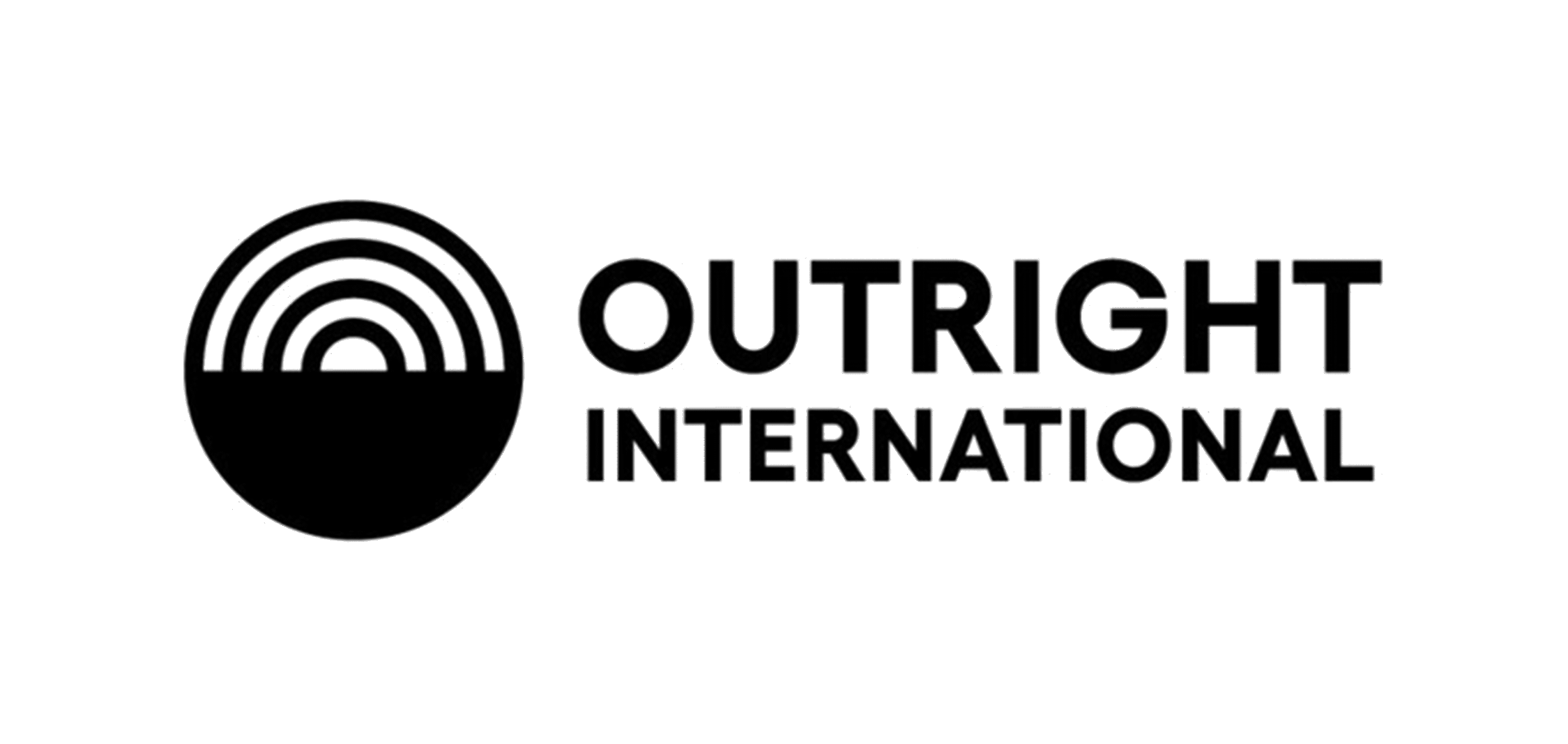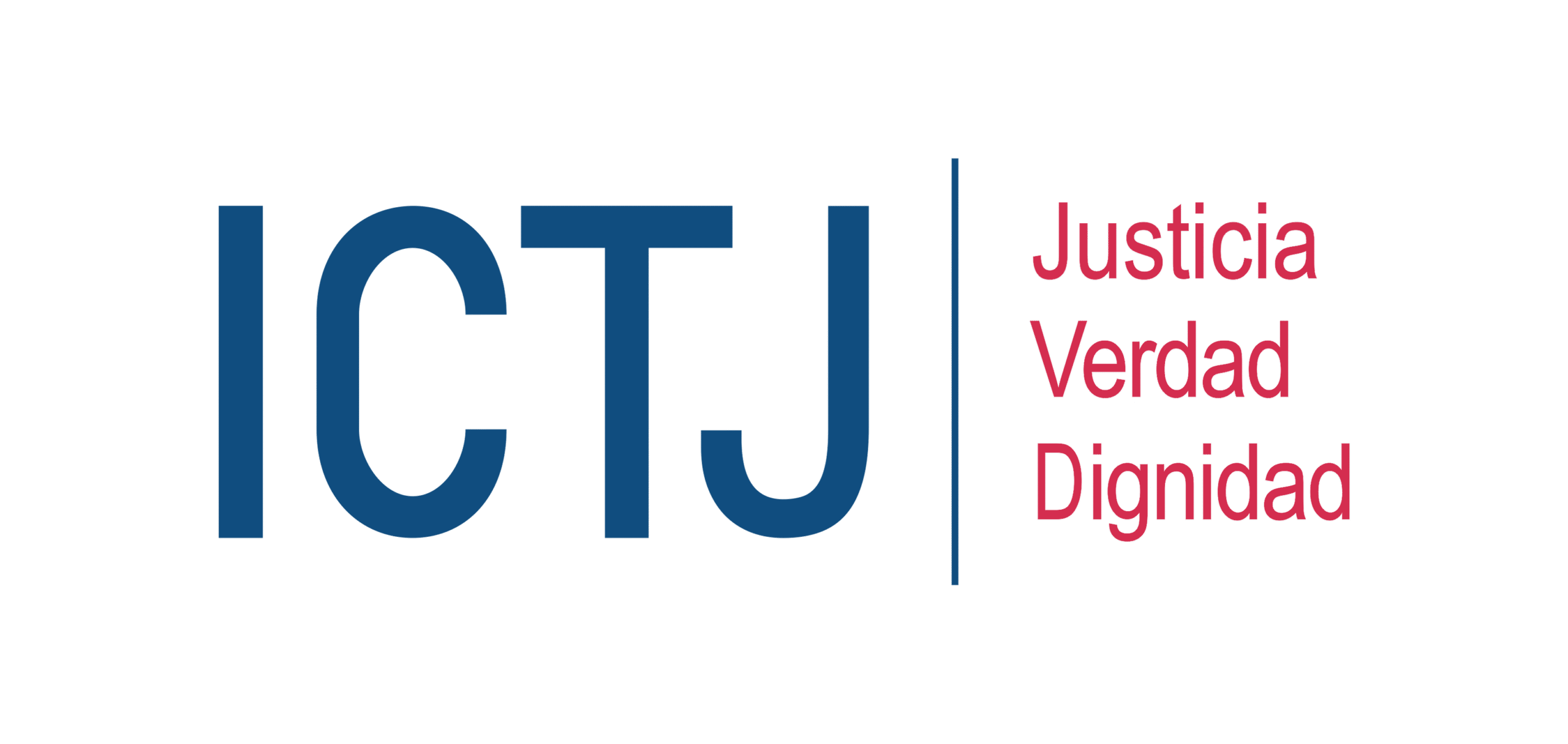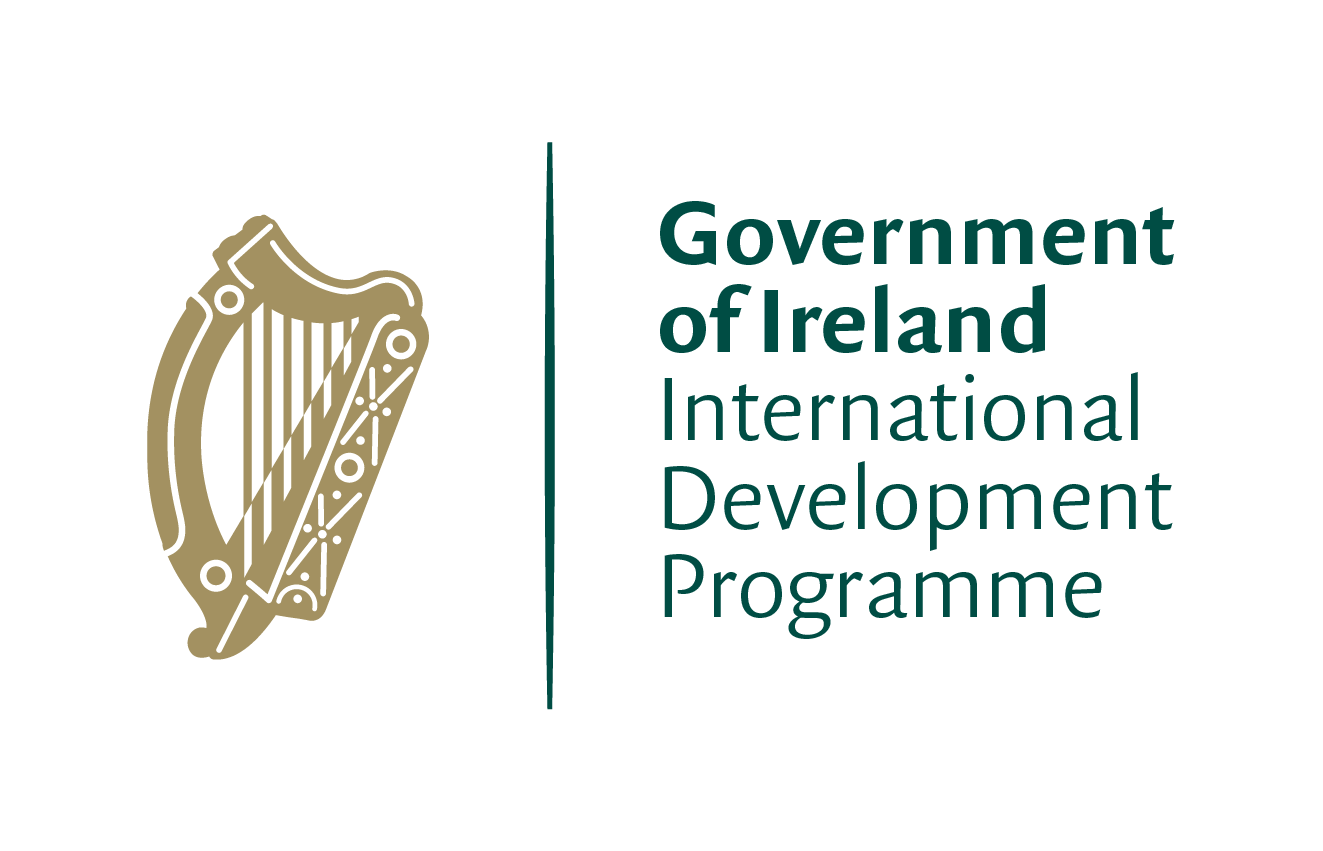Two reports will be submitted to the Special Jurisdiction for Peace on the differentiated violence in the armed conflict against LGBT people in Antioquia and Tumaco, regions prioritised by the court.
Bogotá, March 2019
The Final Peace Agreement allowed LGBT people who were victims of different actors of the conflict in Colombia to have the opportunity to access justice. After this moment, for more than seven months, Colombia Diversa and Caribe Afirmativo, who joined together in the alliance "LGBT Voices", set themselves the task of investigating different acts of violence due to prejudice against people with diverse sexual orientations, identities and gender expressions. Through an arduous process of investigation, they concluded that the serious human rights violations committed against LGBT people constitute an international crime of persecution, considered a crime against humanity by the Rome Statute.
In the midst of this historic moment, the first two reports on violence against LGBT people in the armed conflict will be submitted to the Special Jurisdiction for Peace, in the municipality of Tumaco and in the department of Antioquia (prioritised cases 002 and 004, respectively). This is the first time in the world that a transitional justice tribunal will hear such cases.
The reports presented account for the existence of the serious crime of persecution against LGBT persons by the FARC-EP and paramilitary groups. They explain, from a legal perspective, how the victims were subjected to multiple victimising acts throughout their lives, in different parts of the territories of Antioquia and Tumaco, and during the entire time that these armed groups were present.
The Nuremberg Tribunal was the first to hear and try cases of persecution; for systematic violence against the Jewish population during the Third Reich. Since then, all international criminal tribunals have heard cases related to this crime, on political, racial, ethnic, religious and cultural grounds. However, no tribunal has ever tried cases of persecution on the basis of sexual orientation, gender identity and gender expression.
This crime took different forms in Tumaco and Antioquia, where LGBT people were subjected to sexual violence, cruel, inhuman and degrading treatment, torture, forced displacement, threats, forced labour and homicide/feminicide. Of this multiplicity of behaviours, sexual violence was one of the main strategies to persecute people because of their diverse sexual orientations, gender identities and gender expressions. This is what will be told to the SJP through the two reports.
For example, of the eight cases that will be presented to this body in Tumaco, six involve sexual violence and five of those six resulted in the forced displacement of the victim. Similarly, of the 19 cases documented in Antioquia, different forms of sexual violence prevail in 17, in addition to other forms of violence due to prejudice that converge in these cases.
As of 13 March 2019, 78 people who identify themselves as lesbian, gay, bisexual or trans in the municipality of Tumaco and 801 in Antioquia are listed in the Unified Registry of Victims. We are talking about 879 people, only from two regions, who hope that their cases will be known and that access to justice and knowledge of the truth will be the result of the peace process that aims to put an end to a war that for more than 50 years persecuted LGBT people. Being "queer", or appearing to be so in the eyes of the perpetrators, was punishable and it is up to those responsible, with the support of the JEP, to recognise this.















